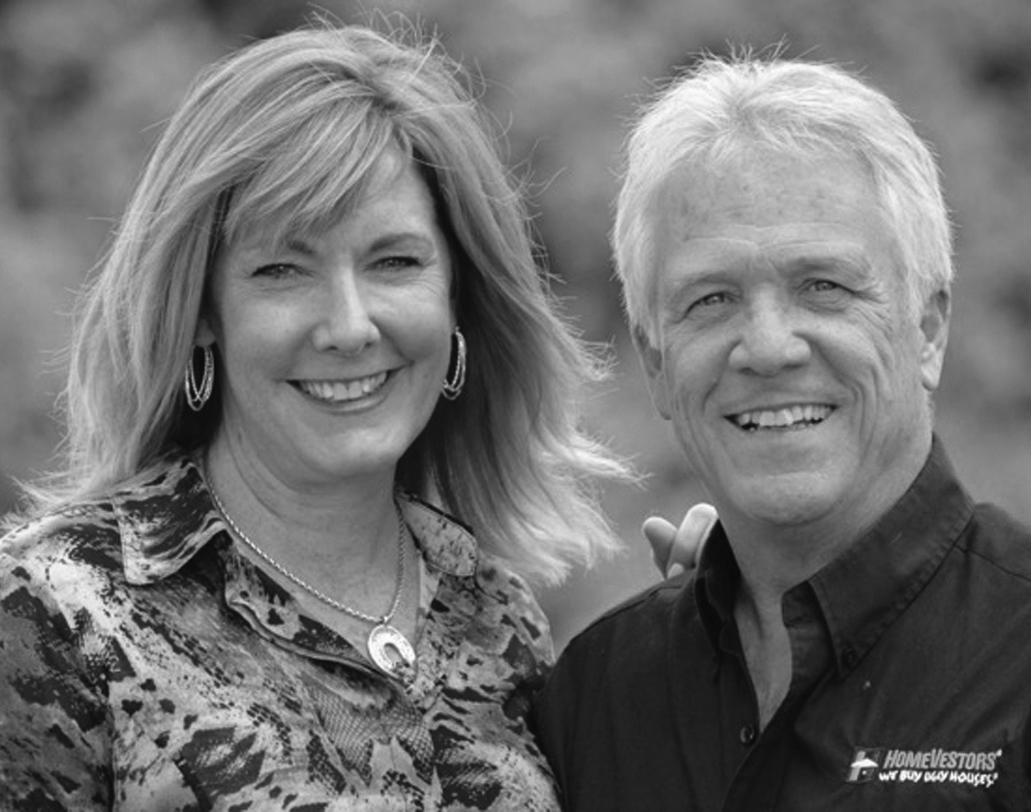Have you ever gotten your retirement account statement, thrown it on your desk and never opened it? That was our dilemma month after month. Finally, we were so frustrated by the ups and mostly downs of the “Wall Street Casino” that we started doing our own research and came across self-directed IRAs. They are not for everyone, but if you want to diversify your portfolio and be in control of your own financial future, this strategy could be for you.
There are lots of companies out there that can help you, and they all have to follow the same rules set forth by the IRS. We are not experts at this, but we challenge you to do your own due diligence and start deciding your own retirement fate.
A self-directed Individual Retirement Account is a type of IRA provided by lots of companies that allows for alternative investments for your retirement savings. This makes available a broader range of alternative investments and puts you in full control. It’s like a traditional IRA that is invested in a mutual fund, but you are the fund manager.
There are two ways you can self-direct, and we have tried both. One is the custodian model, in which a registered trust company holds your funds. You request where you want to put your money, and the trust company funds the investment if it meets IRS criteria. The company also processes all transactions, files any necessary reports, issues statements and maintains all record-keeping for your account and keeps you aware of all the regulations pertinent to your IRA. There is an annual fee and a fee per transaction with these companies. Turnaround time is three to five business days.
The second (our favorite) is a “Checkbook IRA” that uses a Limited Liability Company (LLC) you form with its own EIN number and bank account. It’s entirely owned by the IRA, and you literally write a check to fund your investment. You still employ a trust company acting as your custodian, but that company fills the compliance and recording roles only. It is not in control of the account. There is an annual fee with these companies, too, but you have instant access to your funds.
Some of the ways you can invest your money include precious metals, horses, venture capital, tax liens and deeds, oil and gas mineral rights, traditional stocks, bonds and mutual funds and something we know and understand: real estate.
We become the “bank” or “private money lender” for other investors as well as being able to buy rentals through our IRA. There are numerous prohibited transactions, and the main one is we can’t loan ourselves money on a property to purchase and rehab or guarantee loans against the IRA. We always have to be an “arm’s length” away from the deal and cannot benefit directly outside of the IRA.
By having a network of experienced investors we know and trust, we are able to analyze a deal and if it makes sense, lend money to an investor to buy the property and fund the renovations. Make sure you do your due diligence, agree with the ARV (after repair value) and repairs, and make sure there is adequate equity. Remember that in a worst-case scenario, you might end up owning the property.
There are many ways to extend credit to investors, so we follow the lead of other hard-money lenders. Since we are in North Carolina (attorney state) our closing attorney sets up a Deed of Trust and records it with the registrar of deeds. We are listed as the beneficiary of the property, which provides protection for us. We charge the going interest rate (10 percent to 14 percent) based on their experience, as well as a minimum fee or points (1 to 4), as lenders call them.
There are also many ways you can set up repayment plans. You can be paid biweekly, monthly or quarterly, for instance, but we prefer at the end, once the property sells.
There are also multiple ways to disburse the funds. We never give borrowers the entire loan amount. We require them to have 10 percent of the purchase price and repairs as down payment on the property, and we set payment schedules depending on goals met during the construction process.
It’s a great feeling knowing where our money is and knowing it’s in a safe and secure investment.
There are lots of self-directed IRA companies out there, so go to work and explore all your options. Talk to your CPA and tax professional to find out what works best for your needs and have fun investing in your future.
























0 Comments